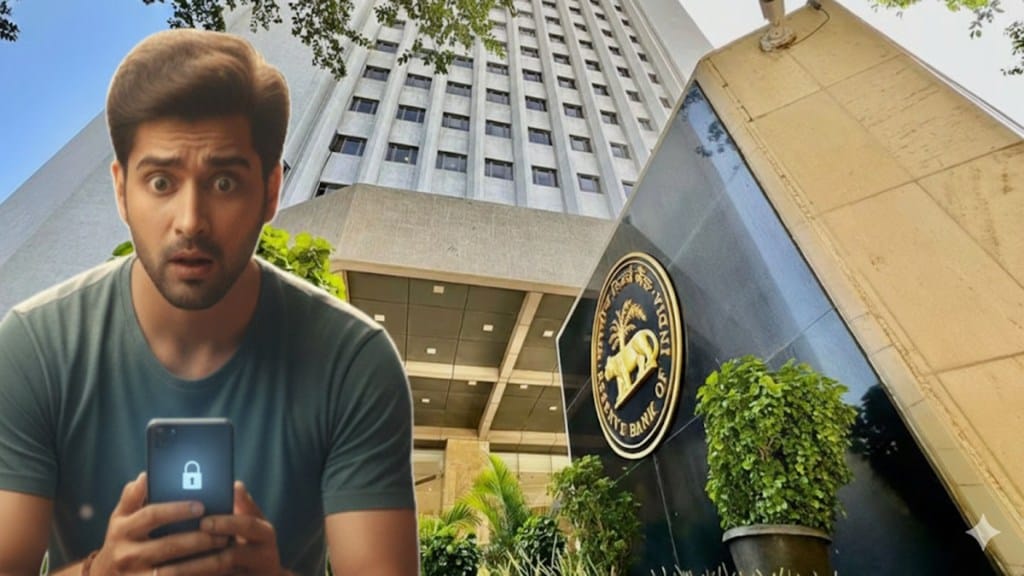The Reserve Bank of India (RBI) is considering a proposal to allow lenders to remotely lock the smartphones in case their owners default on EMIs (equated monthly instalments), RBI Governor Sanjay Malhotra said on October 1 in his post-MPC meet press briefing.
On being asked if the RBI will allow locking of phones bought on instalment in the event of loan default, the RBI chief said, “The matter is under consideration as we have arguments from both sides (consumers and lenders). These arguments are being looked at. Our main objective is to protect consumer rights and data privacy. Consumer rights are of paramount importance to us… At the same time, we will see how lenders’ interest can be safeguarded…”
‘Pros and cons on both sides in terms of balancing the customer rights’
Answering the same query, RBI Deputy Governor M. Rajeshwar Rao said, “There are pros and cons on both sides in terms of balancing the customer rights, requirements, data privacy and also the creditors’ requirements… so we are examining the issue and will evaluate the pros and cons and will take a decision at an appropriate time.”
In India, around one-third of consumer electronics, including smartphones, are bought on EMIs by customers, according to a recent study cited by Reuters in its report. It also said that only last year, the RBI decided to stop lenders from locking the mobile phones of defaulting customers.
Here’s what experts have to say on the matter
In case, the central bank allows locking of smartphones in the event of missed EMIs, it would require the borrower’s explicit consent at the time of the loan agreement, experts said. This measure is possible by having a “device lock app” installed at the time of signing of the loan agreement, they added. In case of certain number of missed instalments, the device can be made temporarily inoperable until dues are cleared, experts said.
The Reuters report had said that the RBI is expected to update its “Fair Practices Code” in a few months. Current laws do not expressly permit this practice, placing it in a regulatory gray zone, according to experts.
Why the RBI is considering this move
There have been multiple reports suggesting that default rate is very high on small-ticket loans, including those taken for smartphones and other consumer electronic items. By introducing this locking of phone option, experts are of the view that the rising rate of defaults in small-ticket consumer loans can be curtailed. If the lenders get this option to lock the device in case of loan default, it will certainly discourage willful defaults.


